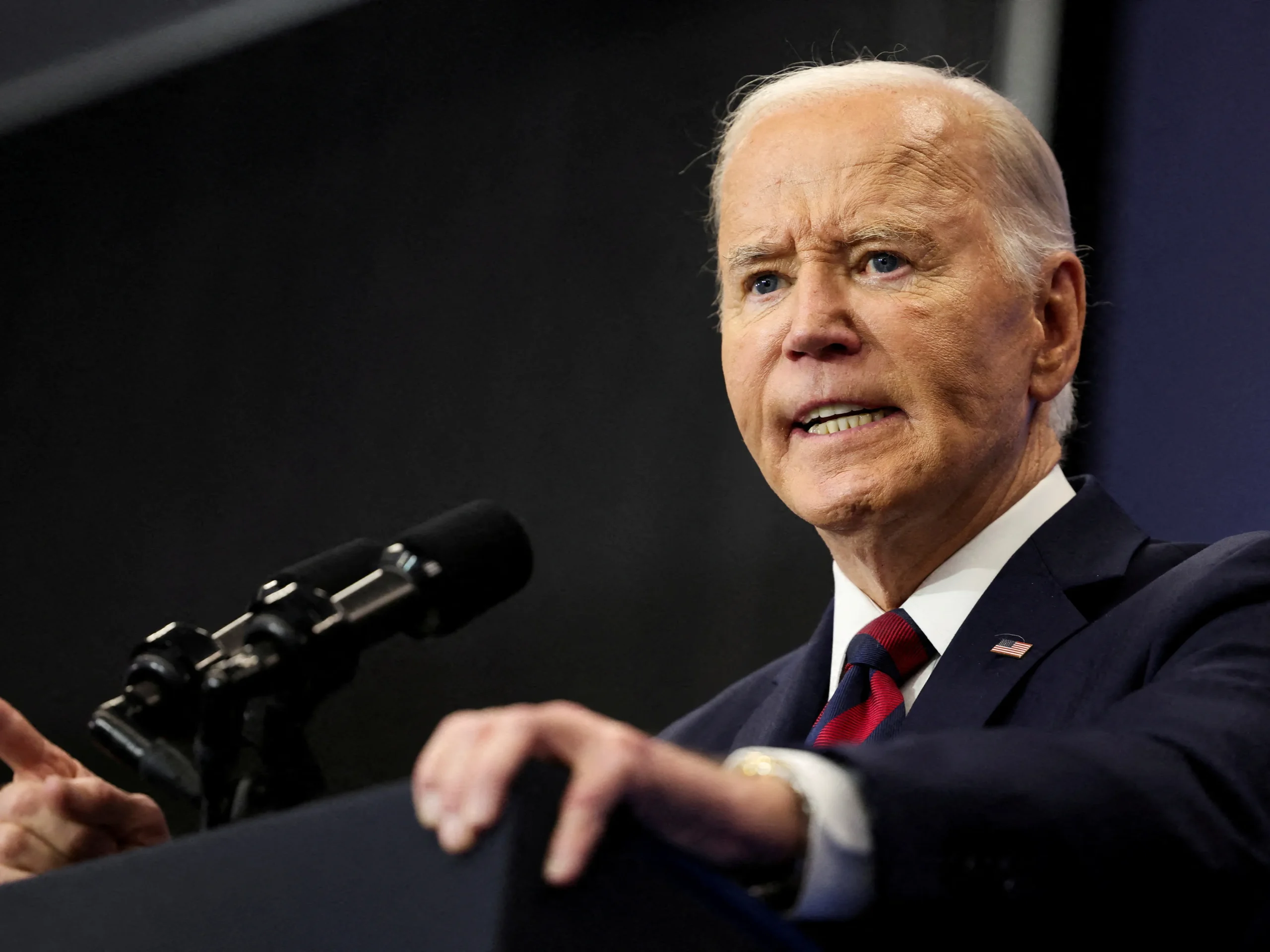President Joe Biden vetoed a bipartisan bill that aimed to increase the number of federal judges to address mounting caseloads, leaving a top ally, Sen. Chris Coons (D-Del.), publicly expressing disappointment. The veto has also triggered accusations of partisanship from Republicans, reigniting debates about judicial appointments and legislative gridlock.
The JUDGES Act: A Bipartisan Effort
The Judicial Understaffing and Delay Reduction Guarantee to Efficiently Serve (JUDGES) Act, co-sponsored by Sen. Chris Coons and Sen. Todd Young (R-Ind.), sought to add 66 federal district judgeships over a decade. The gradual rollout aimed to maintain fairness regardless of which party controls the White House.
The bill garnered rare bipartisan support, passing the Senate unanimously in August, but faced delays in the Republican-controlled House, which waited until after the 2024 election to advance it.
Coons’ Disappointment
Sen. Coons, who has been a close ally of President Biden and served as a campaign co-chair for both of his presidential runs, expressed frustration with the outcome.
“I am disappointed by this outcome, for my own state and for the federal judges throughout the country struggling under the burden of ever-higher caseloads,” Coons said in a statement. “I’ve worked on this bill for years, and thanks to tireless bipartisan effort with Senator Young, it made it to the president’s desk. It’s highly unfortunate that it will not become law.”
While acknowledging Biden’s veto, Coons placed partial blame on House Republicans for delaying the bill until after the election, suggesting this politicized what was designed to be a nonpartisan initiative.
Republican Criticism
Speaker of the House Mike Johnson (R-La.) accused President Biden of politicizing the process, pointing out that the bill initially had support from both parties.
“This important legislation garnered broad, bipartisan support… because it directly addresses the pressing need to reduce case backlogs in our federal courts and strengthen the efficiency of our judicial system,” Johnson said. “Now… the Biden-Harris administration has chosen to veto it simply because of partisan politics.”
Republicans suggested the veto was influenced by concerns over a possible surge in judicial appointments for President-elect Trump, should he win the 2024 election.
A Missed Opportunity
The bill, which passed the Senate shortly after Vice President Kamala Harris replaced Biden as the Democratic nominee for the 2024 election, was structured to prevent any single administration from gaining a disproportionate advantage in judicial appointments. Its failure highlights the deepening divisions over judicial nominations and raises questions about how Congress will address the growing strain on federal courts.
Key Points:
- President Biden vetoed a bipartisan bill to add 66 federal district judgeships.
- The JUDGES Act passed the Senate unanimously but was delayed in the House.
- Sen. Chris Coons (D-Del.) expressed disappointment, blaming House Republicans and lamenting the burden on federal courts.
- Republicans accused Biden of vetoing the bill to avoid giving President-elect Trump new judicial appointments.
- The bill aimed to reduce case backlogs and maintain fairness in judicial appointments over a decade.
For more updates on this and other political stories, visit Parler News.

